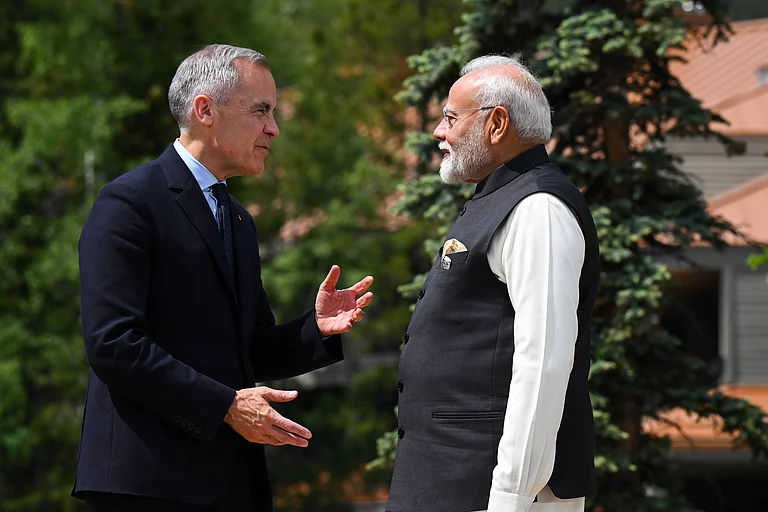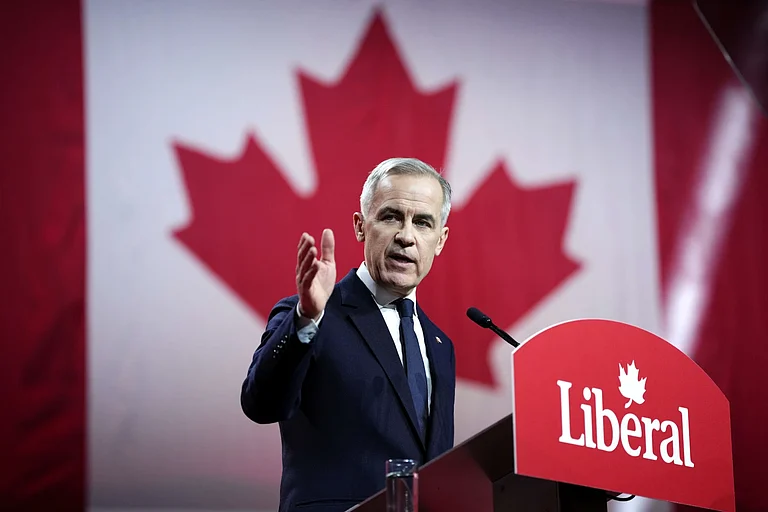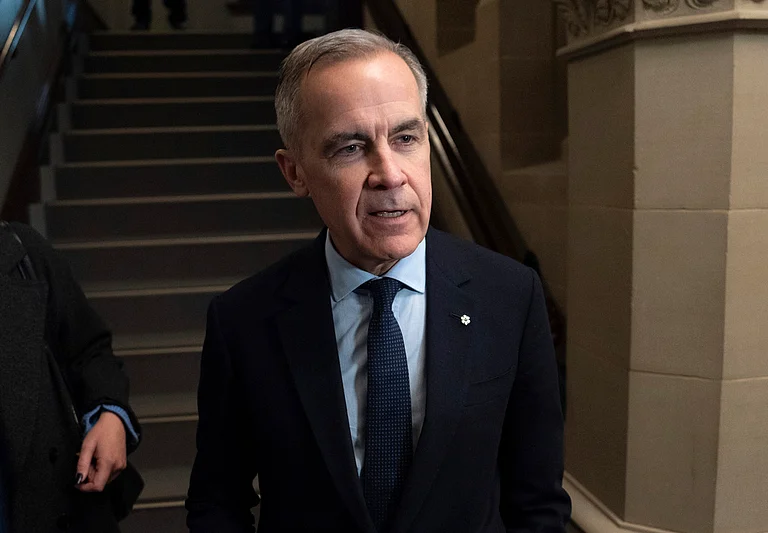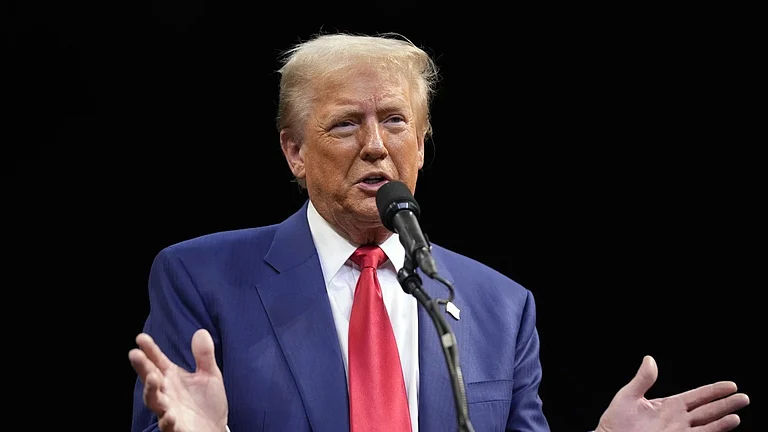
Canadian PM Mark Carney announced plans to welcome skilled foreign workers affected by the US’s drastic H-1B visa fee increase.
The UK and Germany are also reportedly preparing strategies to attract H-1B visa seekers now facing barriers to working in the US.
In response to a sharp increase in U.S. visa fees, Canadian Prime Minister Mark Carney has announced that Canada is ready to welcome skilled professionals—particularly those in tech—who may now face barriers entering the United States under the H-1B visa programme.
Speaking at a press conference in London, Carney stated, “What is clear is that the opportunity to attract people who previously would’ve got so-called H-1B visas and I am going to simplify it. One of the big cohorts is in the tech sector.” He indicated that his government is working on a proposal to streamline entry for such workers into Canada, praising them as ambitious and adaptable.
The comments follow a major shift in U.S. immigration policy. Last week, U.S. President Donald Trump signed an executive order that raised the application fee for new H-1B visas to $100,000—a drastic change that has alarmed both international job seekers and U.S. companies reliant on foreign tech talent.
Although current H-1B holders already working in the U.S. will not be impacted, the revised policy is expected to reduce future opportunities for foreign professionals, particularly those in science, technology, and engineering fields. Many companies fear this will shrink the pipeline of international expertise that has historically fuelled American innovation.
Sensing an opportunity, other countries have responded to attract skilled workers as well, now discouraged to apply in the United States. \
Under the United Kingdom Prime Minister Keir Starmer, the UK’s Labour government is evaluating plans to waive visa fees for high-skilled global professionals. Meanwhile, Germany is also considering new pathways for foreign tech talent, according to The Guardian.
“Not as many of those people (H-1B visa holders) will get visas to the United States. These people are skilled, and this is an opportunity for Canada…We will soon bring a proposal on this,” Carney stated.
Canada has recently stepped up its immigration efforts to fill growing gaps in its own tech and innovation economy. By targeting workers not being to apply to the U.S. due to policy changes, the country hopes to strengthen its competitiveness and reputation as a welcoming destination for global talent.




























